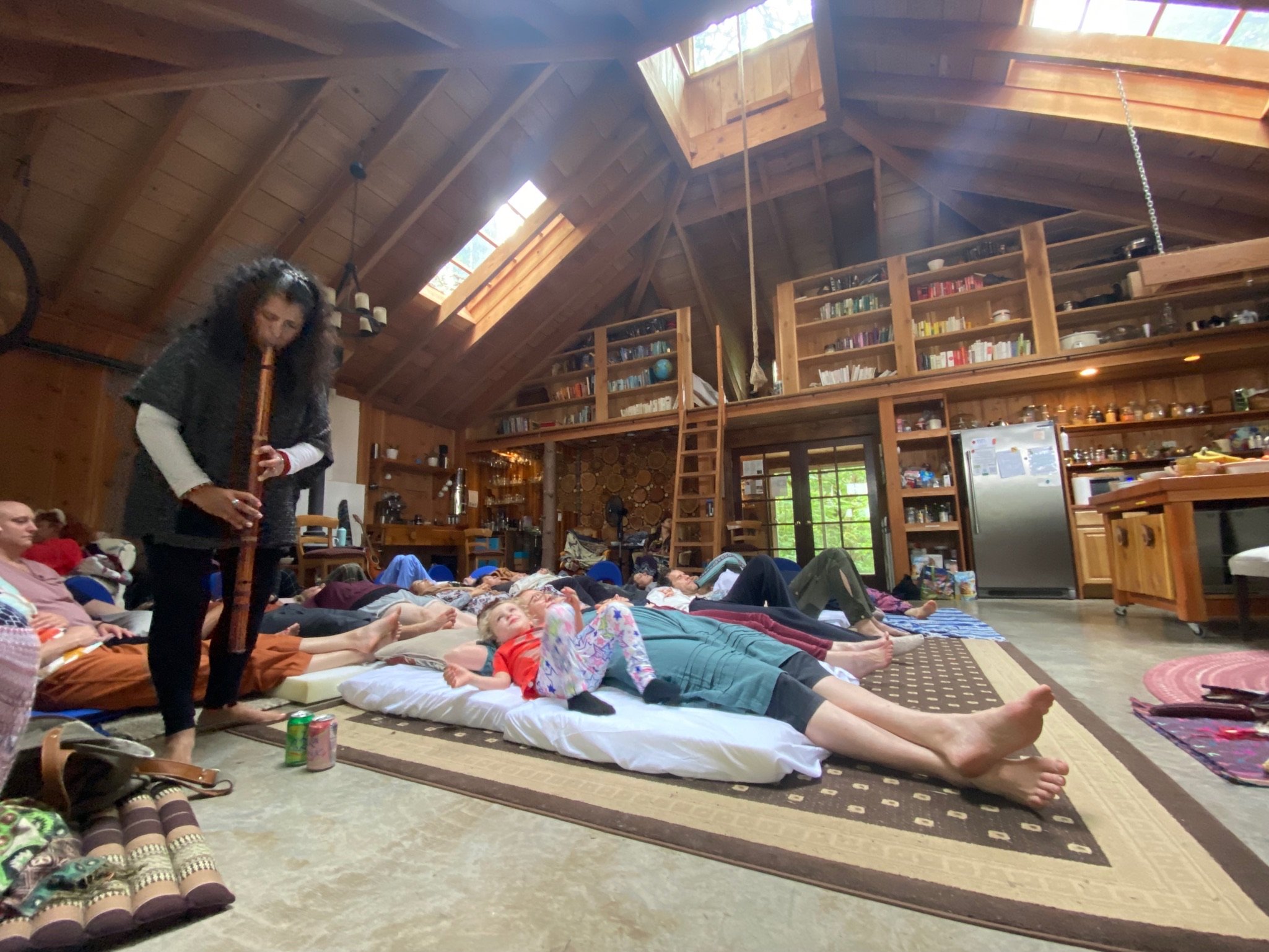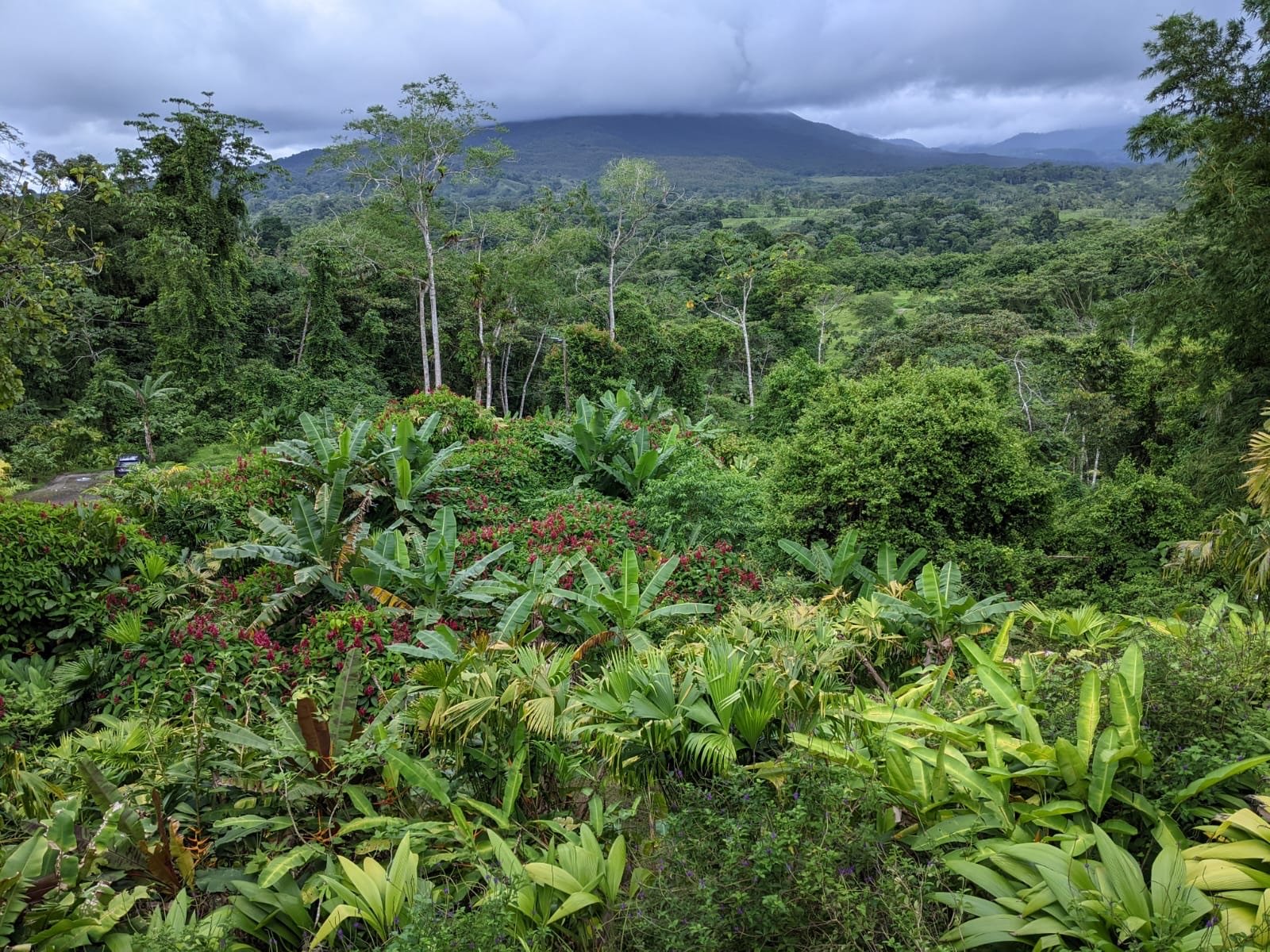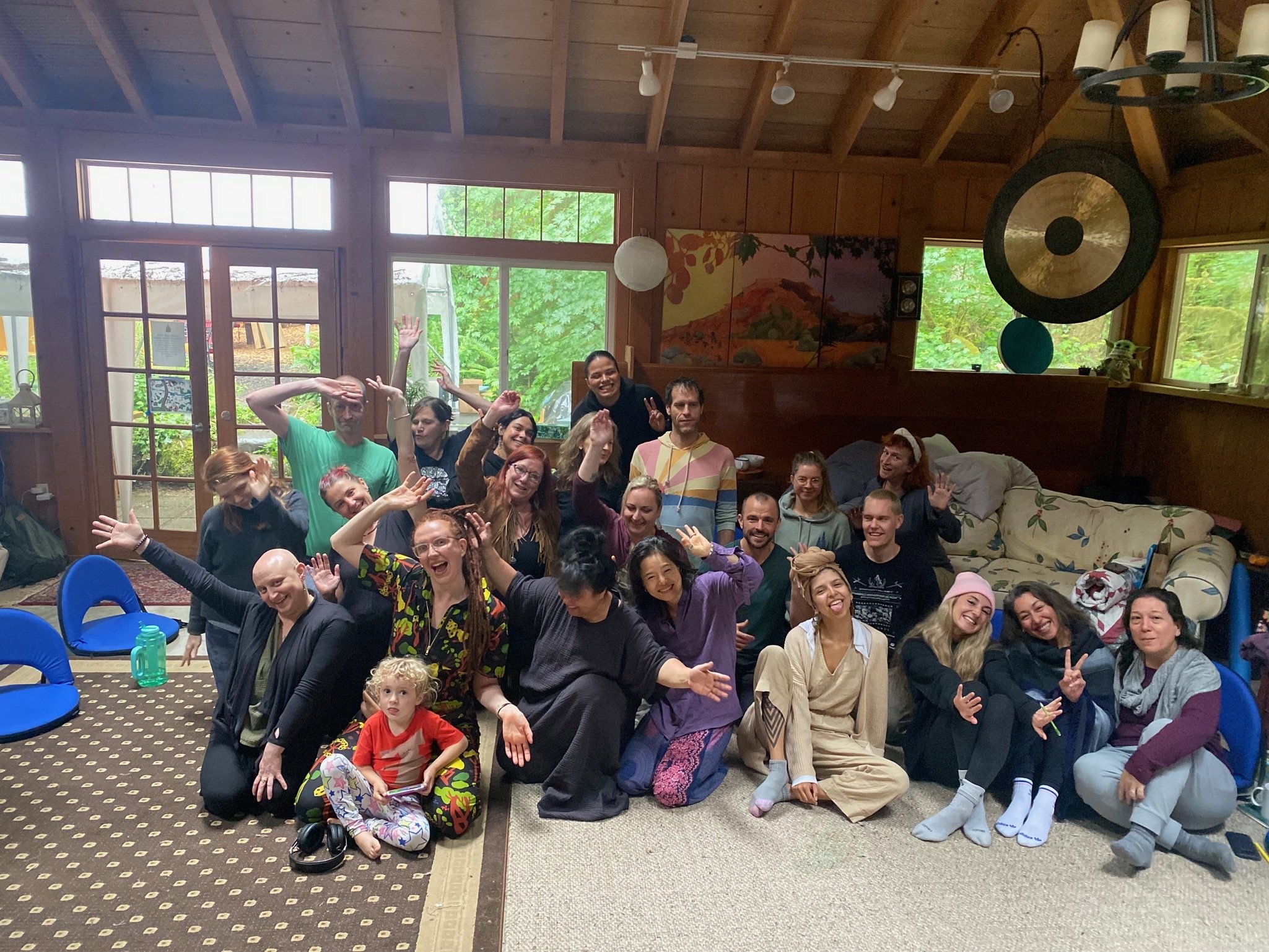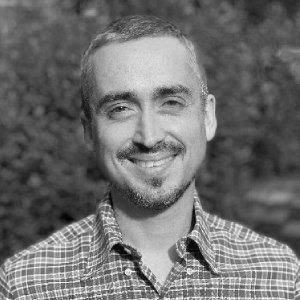
SoundMind Retreats
Immerse Yourself in Transformation: deepen your practice in paradise while learning how to facilitate and hold space.
SoundMind offers week-long intensive plant medicine retreats in Costa Rica and Jamaica! During these programs, participants attend didactic seminars, learn how to integrate breathwork and meditation into psychedelic therapy practice, and gain hands-on experience in facilitating and receiving plant medicine sessions. This immersive week weaves together practical and experiential elements of plant medicine training in a setting that fosters shared community and relationship-building.
All meals and lodging on premises are included.
Costa Rica Retreat
















Retreat Team
Changing the future of psychedelic-assisted therapy one cohort at a time.
Pierre Bouchard, MA, LPC
Pierre Bouchard is a Licensed Professional Counselor with a private ketamine practice in Boulder, CO. He specializes in blending somatics, embodiment, attachment theory, and trauma therapy with ketamine-assisted psychotherapy. A graduate of Naropa University (in Contemplative Psychotherapy), he has trained in several somatic psychotherapy modalities, most recently the Hakomi Method under Melissa Grace, and currently, in Ido Portal’s movement system. He supervises therapists around ketamine work. He has maintained a meditation practice for 20 years, and in his spare time, works as a vinyl DJ.
Joseph McCowan, PYSD
Joseph McCowan, PsyD is a licensed clinical psychologist and psychotherapist, currently working in Los Angeles as a co-therapist in the MAPS sponsored phase 3 clinical trials of MDMA-assisted therapy for PTSD. He is an alumni of MAPS August 2019 MDMA Therapy Training for Communities of Color. Joseph is deeply passionate about furthering education and awareness of the healing benefits of psychedelics for communities of color and in working to improve mental health outcomes for historically underserved communities.
Claudia Cuentas
Claudia Cuentas is a Peruvian immigrant, a bilingual and bicultural artist, a license marriage and family therapist, a researcher, and an educator, specializing in the intersectionality of art, healing trauma, trauma recovery, cultural identity, indigenous knowledge and decolonization of healing. She has an Master’s in Counseling Psychology and is trained in Drama Therapy, Expressive Arts Therapy, Somatic Experiencing, and Trauma-Informed Care. She also has extensive studies in Indigenous healing, from her native Aymara and Quechua lineages of South America.
Emma Knighton, MA, LMHC, RYT
Emma Knighton, MA, LMHC, is a white, queer, able-bodied femme. She is a somatic trauma therapist, psychedelic integration therapist, embodied organizer, and conscious leader. In their clinical work, Mx. Knighton works at the intersection of complex PTSD from childhood abuse, queer identity development, and consciousness exploration. Her clinical and leadership approach is grounded in queer, consent, feminist, and anti-oppression/pro-liberation theories. Mx. Knighton teaches courses on integrating trauma-informed consent practices into psychedelic-assisted therapy and strives to be in service to the psychedelic space with integrated mind, body, spirit, and community.
Chris Stauffer, MD
Dr. Stauffer is Assistant Professor of Psychiatry at the Oregon Health & Science University (OHSU), Physician-Scientist with the VA Portland Health Care System, and dual board-certified in Psychiatry and Addiction Medicine. Dr. Stauffer is an OHSU medical school alum, completed Adult Psychiatry Residency at the University of California, San Francisco (UCSF), and was an Advanced Neuroscience Research Fellow at the San Francisco VA prior to receiving a Veterans Affairs Clinical Science Career Development Award.
Hannah McLane, MD, MA, MPH
Dr. Hannah McLane is a physician, psychoanalyst, and entrepreneur.
She attended McGill University and holds graduate degrees from Temple University (MA, Communication Sciences, Spanish Language), Brown University (MD, Doctor of Medicine, Contemplative Studies Concentration), and Harvard School of Public Health (MPH, Global health and Bioethics). She attended residencies in neurology and Occupational and Environmental medicine (University of Pennsylvania) and completed a fellowship in Patient Safety at the VA Hospital in Philadelphia. She also completed a 5-year psychoanalytic training program and considers herself a relational psychoanalyst.
Providing first-hand experience of how holistic modalities complement and deepen the plant medicine experience.
Breathwork
Breathwork utilizes controlled breathing techniques to influence a person's mental, emotional, and physical state, and it prepares participants in psychedelic experiences by fostering a deep sense of calm and presence, allowing for more profound and insightful experiences.
Meditation
Meditation practices are essential in cultivating mindfulness and inner stillness, both critical for navigating psychedelic experiences. By training the mind to observe thoughts without attachment, participants learn to approach their psychedelic journeys with a centered and open mindset, enabling a more introspective and healing experience.
Somatic Practices
Somatic practices incorporate body-oriented techniques to enhance awareness of bodily sensations and foster embodiment. In psychedelic therapy, these practices help individuals anchor their experiences in the physical body, promoting grounding and safety.

Apply to Join us on a Retreat!
To apply for this retreat, please fill out our training medical intake form so we can confirm your eligibility. This medical intake form will help us know if psychedelics are safe and appropriate for you. If you are not medically eligible to receive psychedelics, you can still attend retreats and not receive medicine, but still learn to facilitate. We will discuss with you individually if there are any questions.
Have questions?
We have answers.
-
The class begins with 3 months of summer curriculum, that includes twice monthly live lectures and a summer reading list. Starting in September, the class meets for 2 hours weekly for 8 months. These are live Zoom sessions with guest lecturers present, which allows you to ask questions directly. This is a special part of our curriculum and unique in the psychedelic education space. Each student also attends weekly, hour-long small groups where they can get to know their classmates, ask questions, and practice skills.
-
Readings and other activities typically take 3-4 hours outside of class each week. Each week there are homework short-response questions assigned, as well as periodic short quizzes to assess comprehension of the material. If students get behind on readings, they can request an extension and be granted up to 6 months from the completion of the course to finish and turn in all assignments. To earn the class certificate you need to have completed all readings, homework assignments, and quizzes, as well as pass a final written, comprehensive exam and attend an approved hands-on experiential retreat (required for those seeking Oregon certification, strongly encourage for all others). All classes are recorded and you have access to those videos after each class and also beyond completion of the course.
-
Not a problem! Classes will be recorded for you to catch up on what was covered that week. If you need to miss more than 4 lectures across the 8 months of the core curriculum, and wish to be certified in Oregon as a psilocybin provider, you may need to arrange for make-up classes to ensure you meet the curriculum requirements.
-
Yes, we have accountability groups each week that are required, which are hour-long sessions with other members of your class, supervised by a small group facilitator, in which students can discuss course material, practice skills, and have an open forum for questions.
-
Yes! We open the application to everyone who is interested in psychedelic-assisted psychotherapy facilitation. About 30% of the students in previous cohorts were not clinicians yet, but had interest in pursuing that path or learning what ways they could get involved even without graduate school. If you are not a clinician, please keep in mind this course is designed for people who have some background in psychotherapy or clinical work. If you are still interested and have none of this background, please apply and if accepted we have some preparation homework to get you up-to-speed. We've also recently added our summer curriculum, which will focus on providing all students with a strong foundation in psychoanalytic and psychodynamic therapy skills.
We have always believed that an equitable and thriving psychedelic ecosystem is not one that limits its training programs to those with pre-existing medical or mental health licensure. We have always accepted a blend of licensed and unlicensed trainees and focus instead on students’ capacity for ethical practice and commitment to self-reflection and growth throughout the training journey. We prioritize accepting students with experience in non-ordinary states as well as daily meditation practices. We also look for curiosity around scientific literature and folks with additional skills to add to their facilitation offerings (such as bodywork, somatic training, herbalism, or other skills).
-
We have an extensive roster of teachers who have taught in our program since its inception in 2019, who hold expertise across fields: psychedelic medicine, psychology, pharmacology, bioethics, and traditional medicine practice. We make a special effort to bring in providers who hold diverse expertise in therapeutic approaches, including somatic approaches, meditation, breathwork, hypnotherapy, internal family systems, and psychoanalytic methods. All our teachers must also be grounded in an anti-racist, anti-oppression framework.
-
The only psychedelic that is currently legal to use therapeutically in the United States is ketamine. In order to provide ketamine-assisted therapy, a facilitator must be affiliated with a physician who can prescribe ketamine. In the states of Oregon and Colorado, psilocybin has also been legalized for therapeutic use, and these states are hard at work to formalize how and when this treatment will become available—likely Spring 2023 at the earliest in Oregon, and in 2024 in Colorado. Our program has also been approved by the Oregon Health Authority (OHA) to provide state-sanctioned training to become a psilocybin facilitator in Oregon. We are also licensed as a private career school by Oregon’s Higher Education Coordinating Commission (HECC). We are one of only a handful of training programs in the nation to receive approval to train Oregon psilocybin providers.
MDMA is slated to be available legally in the United States within 2-3 years with a prescription. Currently, MDMA-assisted psychotherapy for PTSD is only legally provided through research studies and MAPS’ expanded access program. To provide MDMA-assisted psychotherapy in this context, additional training from MAPS is required.
Our program teaches students how psychedelics, especially ketamine, psilocybin, and MDMA, are used in conjunction with psychotherapy. We also teach students how ceremony, ritual, and traditional medicine practice have contributed to our understanding of psychedelic medicine and provide hands-on learning on ways to integrate these practices into psychedelic-assisted therapy modalities.
Outside of Oregon and Colorado’s psilocybin legislation, there is no standardization or credentialing board for psychedelic-assisted therapy at this time, which means no individual course or program can provide “accreditation” to practice with psychedelics. What this course will provide is the groundwork to build a career in psychedelics, including the ongoing community and support network of like-minded practitioners to help graduates succeed in this field as aboveground psychedelics emerge.
Please note that this course provides the foundations of training in psychedelic facilitation. Continued hands-on learning and ongoing clinical supervision is strongly recommended before becoming an independently practicing psychedelic facilitator. As with many therapeutic modalities, it is a lifelong learning and growth process!
-
You don't actually! This is why we have opened our classes to non-therapists, but we do expect a certain amount of background knowledge about psychotherapy. Again, if you are not already a therapist, we can send you pre-readings to get you up to speed about psychotherapy basics. If you do decide to go to graduate school, or are already a physician or clinician, you will likely have more options of roles within the psychedelic ecosystem, but there will be plenty of other possible roles as well. Part of the purpose of this course is to get us all connected so we can form teams including all the different roles of people — prescribers, therapists, breathwork practitioners, music therapists, overnight sitters, designers to create the physical setting, mycologists and chemists, pharmacists, nurses, bodyworkers, and more. These classes are dynamic and the community-building is amazing! You will not be disappointed.
-
The cost to take this program is $11,300, with an option to pay all at once or in 4 or 12 equal monthly installments. We also offer a range of scholarships for providers with financial need who are BIPOC, Neurodiverse, and/or LGBTQIA+. The in-person experiential is $4000-$6000, depending on which options is chosen.
-
Yes, up until a week from the first lecture, you may receive a full refund, no questions asked. We respect that your life or choices may change and we want to make sure all students in the class have the time and space in their life to engage fully.
-
We pride ourselves in creating courses and trainings that have equity, social justice, and ethics as a centerpiece of all conversations. These therapies need to be made available to the most marginalized among us, and we need to start the conversation and any trainings there. We operate a Psychedelic Center in urban Philadelphia creating inclusive and innovative psychedelic protocols for populations in need, and your participation in our courses and trainings directly benefits our nonprofit. Many other trainings you find online are for-profit and not community driven - having investors mean they have to prioritize profit with huge classes, fewer access to live speakers, and less individualized mentorship. Profit is not our motive, and we are excited to include you in the psychedelic revolution that starts with our communities and inclusivity. Welcome aboard!
-
Oregon Health Authority has approved our curriculum to train facilitators in the Oregon Psilocybin Model. After this was approved, all programs and individuals involved with measure 109 learned programs would also need to be approved by a secondary branch of the Oregon Government, called HECC (the Higher Education Coordinating Committee). We received HECC approval to operate as a private career school in Oregon in October 2022.







